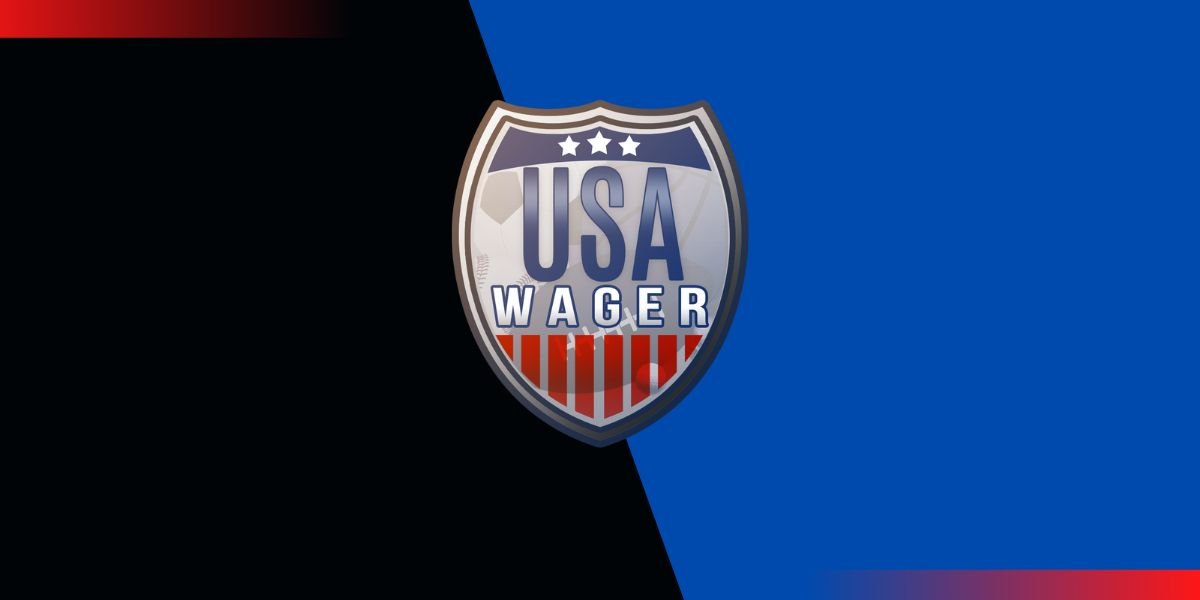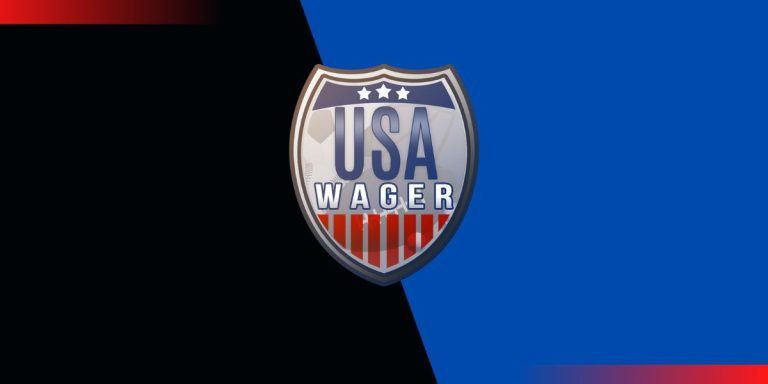How the Supreme Court Ruling Affects Betting
On Monday, the Supreme Court and Justice Gorsuch ruled against the NCAA unanimously (9-0) in an antitrust case. The case challenged their ability to have national limits on benefits for athletes that are related to education, but also raised questions about limiting benefits at all.
The ruling basically means that schools can now offer payments to their athletes based on academic performance like graduating or other benchmarks. It’s worth mentioning that these rewards can also be other prizes other than just cash.
Supreme Court Justice Brett Kavanaugh chimed in on the monumental ruling talking about how college sports and their traditions across various sports are great but not at the expense of athletes being fairly compensated.
“The NCAA is not above the law,”
Kavanaugh said in an extensive tweet on Monday.
This snowball effect started with Ed O’Bannon in 2015 when he presented a lawsuit for not receiving proper compensation for the use of his likeness. O’Bannon and 19 others sued the NCAA, claiming the organization violated United States antitrust laws by not allowing athletes to get a share of the revenues generated from the use of their images in broadcasts and video games.
In August, U.S. District Judge Claudia Wilken ruled that the NCAA would not be able to stop athletes from selling the rights to their names, images, and likenesses (NIL). Judge Wilken also ruled that the NCAA could cap cash benefits at no less than $5,000 for each year.
This was just the beginning of a new wave beginning across the country in collegiate athletics. Many former athletes and pundits have been pining for compensation for athletes over the past decade.
Jay Bilas has been a huge supporter of paying these athletes due to how much revenue they generate for a billion-dollar organization in the NCAA.
“Hey NCAA: If you’re constantly in litigation over your restrictive policies on athlete compensation, perhaps the athletes are not the problem,”
Jay Bilas said via Twitter.
“Perhaps your policies are the problem. Perhaps you should change them to allow athletes the same economic rights as everyone else”.
Eight states have passed laws that will allow athletes to make money from their NIL beginning July 1 or whenever their schools choose. NCAA President Mark Emmert has been adamant that the association must find a solution for athletes in states without such laws.
How the Supreme Court Ruling Affects Betting?
Ultimately, this changes sports betting for the simple reason that the schools with more money can now openly flaunt this in terms of getting recruits.
The issue of “bidding” for big-time recruits has been prevalent for years in college football and basketball. The biggest and most obvious case comes under Arizona head coach Sean Miller.
Miller was one of the highest-paid coaches in all of the college basketball before the FBI decided to wiretap his phone. Miller was caught on the phone offering $100,000 for up and coming player DeAndre Ayton to attend Arizona.
This has been the case for years going on under the table in the big-time sports, basketball, and football, for the NCAA. Now schools will be able to offer the money under the guise of academic rewards which will no doubt be exploited.
There have been rare cases where athletes have been caught fixing games due to large bets wagered on their respective teams but with athletes able to earn money based on their NIL this is unlikely to happen.
A 2016 NCAA study of nearly 23,000 student-athletes found 55 percent of men reported gambling for money, and 24 percent reported violating NCAA bylaws by wagering on sports for money.
This issue could go either way with athletes being able to earn even more money in the coming years.
Many say that this is only the case because many athletes are just scraping to get by and this is one way for them to get a few extra dollars.
Another argument that pundits make is that if athletes in college start getting paid it will turn into professional sports, in certain aspects.
What I mean by that is in a general sense college athletes are giving everything they have each game day because it will either help their chances of making money in the pros or help their team be successful.
Some believe that if athletes get paid they will make things more about them than the team and will take games off or not give their best effort because they don’t want to jeopardize their career or the money they are being paid.
I don’t believe in that argument because any athlete is going to play as hard as they possibly can when the chips are down due to their competitive nature.
This new age of the NCAA will have ramifications for years to come. I believe giving collegiate athletes the opportunity to make money based on the revenue they generate is fair and should be pushed further in the future.
Stay with USA Wager to keep up with political news that will affect the betting industry!


